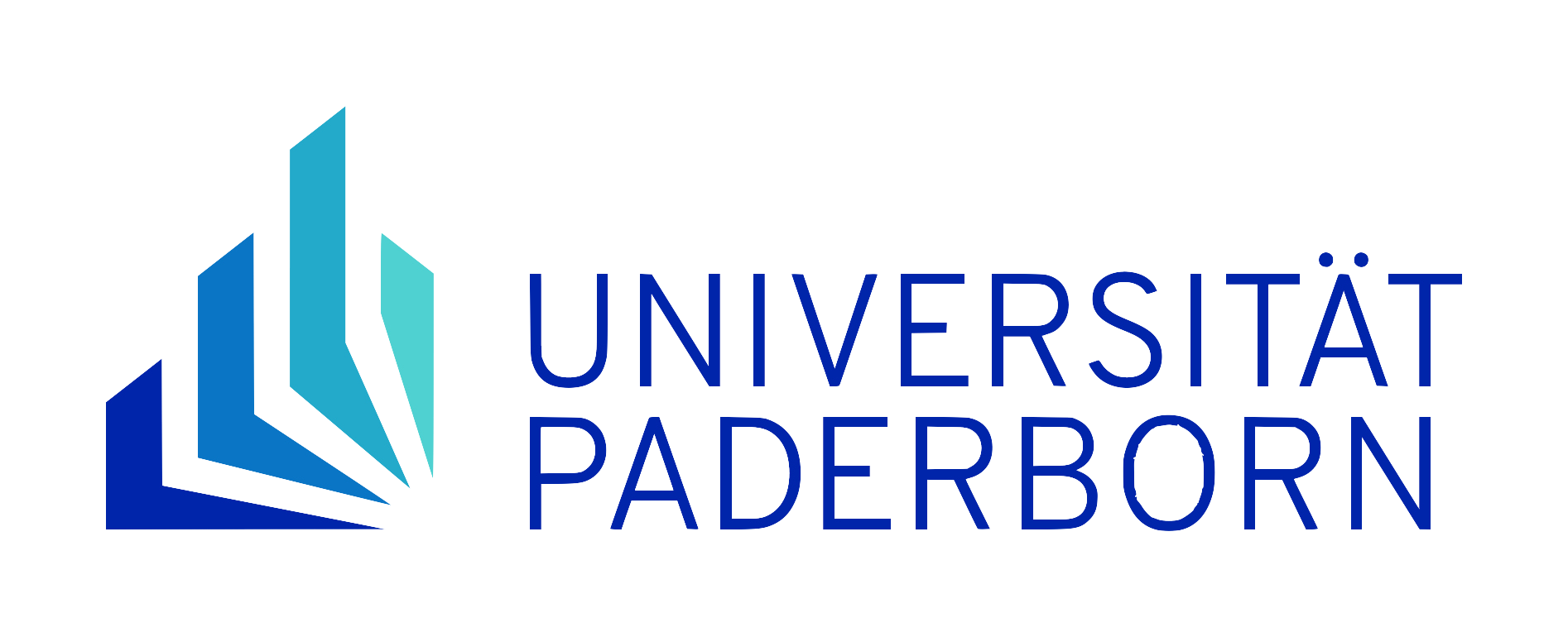Letter [Carbon copy] from H. W. Henze to C. Kallman/W. H. Auden, September 8, 1966
Settings
Show markers in text
Context
Absolute Chronology
Preceding
- 1966-08-27: to Auden
- 1966-09-08: from Kallman
Following
- 1966-10-08: to Sacher
- 1966-09-26: from Sacher
[Typescript]
Prof. Hans Werner Henze
Castelgandolfo (Roma)
Via dei Laghi, 18
Mr.
Chester Kallman
Hinterholz 6
Kirchstetten (Westbahn)
Received let‡ter and cabled
* back as you saw.* I would like
three of Aesop, each about lo‡ or 12 minutes duration*, especially:
- Nature’s Punishment of Discontent
- Villainy Unmasked
- Swan Song.*
we only have "auf den Strich gehen" (some people say "strichen",
but it really means the activity of a Strichjunge )‡.*
To console you I tell you another
Aesop
: the fox and the rabbit
were great friends, and uses to play cards twice a week. One night
it had become so late that the fox lost the last bus home and
the rabbit offered to carry him home. He said: Setz dich auf
meinen Schwanz und halte dich gut fest, du wirst sehen, in einer
Viertelstunde sind wir zu Hause. Dann aber stellte sich heraus,
dass der Fuchs immer wieder vom Schwanz des Karnickels, der ja sehr
kurz ist, abrutschte, so dass der Transport schwierig, ja, unmoeg-
l‡ich war. Da gab der Fuchs es auf und schimpfte sehr, war boese
und kuendigte dem Karnickel die Freundschaft. Moral: Wer einen
kleinen Schwanz hat, muss mindestens einen Chevrolet in der Garage
haben!
*
Sellner
in a long letter has promised to do all the improvements
and especially the ending will be provided with the necessary
effects.* Also the child with the doll will be much more in evidence
To use a "Mamma-Mamma-" tape is very dangerous because it
might not work or just start the wrong moment a.s.o.‡ Tapes
are tricky and horrible anyway.*
Some of the press, especially the German and Austrian were
very silly indeed, I was even rather depressed for a while
but of course did not show these feelings.
I will see to it that the mythological and religious back-
ground will not appear in the programm[sic]‡ in Berlin.*
Somebody taped Becky’s Italian broadcast but on a machine
that does not fit on mine. All the same: it is broadcasted
so often* that I’m sure we will get a tape for our private use.*
Editorial
Responsibilities
- Editor(s)
- Elena Minetti
- Transcription
- Elena Minetti
Tradition
-
Text Source: Basel (Schweiz), Paul Sacher Stiftung (CH-Bps), Sammlung Hans Werner Henze, Abteilung: Korrespondenz
Shelf mark: Kallman, ChesterPhysical Description
- Document type: Letter
- Durchschlagpapier
- 2 folios
- 2 written pages
- Dimensions: 280x220 [mm] (HxW)
- Gelocht. Das obere Loch ist kleiner und etwas eingerissen.
- anderthalbzeilig
- Leerzeile nach jedem Absatz.
- Absätze nicht eingerückt.
Material
Extent
Condition
Layout
Writing styles
-
1.Typescript, Henze, Hans Werner.
Text Constitution
-
"t""y" replaced with "t"
-
")""." replaced with ")"
-
"l""k" replaced with "l"
-
"programm"sic
Commentary
-
"… le t ter and cabled"This telegram has yet to be located.
-
"… cabled back as you saw."The letter sent by Kallman apparently arrived within the day, as Henze was able to reply to his librettists immediately.
-
"lo"recte "10".
-
"… lo or 12 minutes duration"The planned duration of Moralities, divided into three parts, is 23 minutes.
-
"… Swan Song."Henze refers here to the three Aesop fables chosen as the basis for the libretto of Moralities. In Kallman’s previous letter, in the list of titles of Aesop’s fables to possibly be set to music, these three titles are underlined, probably by Henze himself (as if he wanted to mark his choice).
-
"adaequate"recte "adequate".
-
"… of a Strichjunge ) ."In a postscript in the previous letter, Kallman had asked Henze for the German translation of "to cruise", which Auden needed for a translation of his own. The meaning Henze refers to in his German translation is not "going on a cruise" but "prostituting".
-
"… Chevrolet in der Garage haben!"This fable is, of course, not by Aesop. Henze seems to have invented it. The choice of characters probably refers to Der Hase und der Fuchs.
-
"… provided with the necessary effects." Gustav Rudolf Sellner was the director of the premiere of The Bassarids in Salzburg. Apparently, after the premiere, the three authors suggested some improvements to him to be considered in subsequent performances, first of all in Berlin.
-
"a.s.o."abbreviation of "and so on".
-
"… are tricky and horrible anyway."There is an indication in the score of The Bassarids , p. 670, just before the end, about a little girl, the daughter of a slave girl, breaking her doll and jumping merrily. In his previous letter, Kallman had proposed using a tape with a track in which the little girl says, "Mamma, mamma".
-
"… the programm in Berlin ." In his previous letter Kallman had written that most of the criticism directed at the librettists after the premiere was made on the basis of the "Statements and Notes" printed in the programme booklets. Here, Henze is referring to the program notes of the German national premiere of The Bassarids in Berlin, which took place on 28 September 1966 at the Deutsche Oper. The programme booklet of this second production, which is kept at the Paul Sacher Foundation, does not include the texts "Der mythologische Hintergrund" and "Religiöse Einstellung der Personen".
-
"… it is broadcasted so often"Apparently the performance of the opera was broadcast not only in Italy, but probably also in Austria.
-
"… tape for our private use."Here, Henze responded to Kallman’s request in his letter for a good recording of the premiere of The Bassarids in Salzburg.





